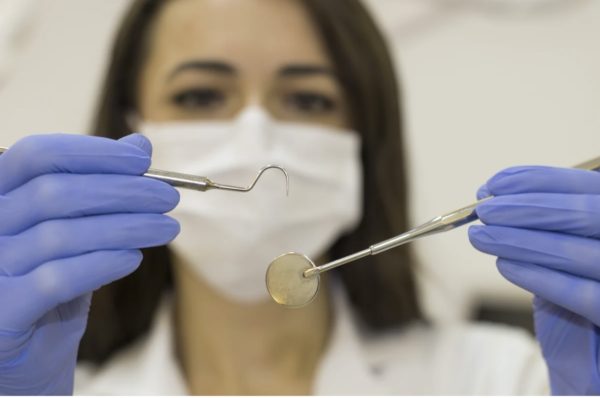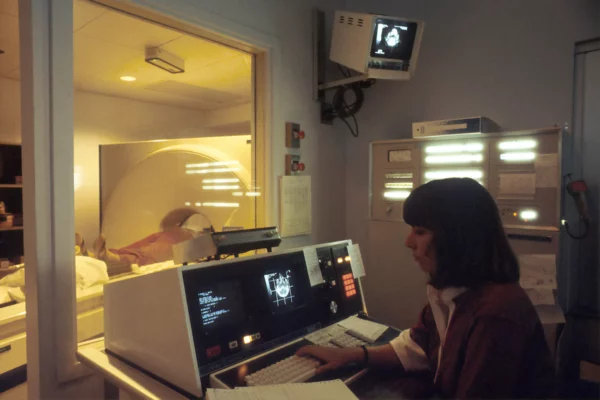
9 Steps For Overcoming a Fear of Dentists in Fulham

Many people go to the dentist for their regular check-ups and treatments without a second thought, but around half of the UK population has a fear of going to the dentist, which is often referred to as dental phobia. Occasionally, the fear is so intense that people are prevented from visiting the dentists for many years, which can become a significant problem for maintaining good oral health and avoiding developing any issues in your mouth.
What Is Dental Phobia?
When we look at statistics, they suggest that up to 13% of the population across western countries are afflicted with phobias. However, it is thought that the figures could be much higher as many people are not comfortable discussing their phobias.
Those afflicted with dental phobia are on the rise, with more and more people struggling to cope with their fear of the dentist. Dentophobia is the proper name for this fear, although most refer to it by its common name, dental phobia, and it is typically a fear of dentists, dental work, or a combination of both. This phobia can be triggered by complex and multi-layered fears, which means that every person who has this phobia can experience different levels of fear, stimuli, and differing symptoms.
Find the Right Dentist
When you’re looking for a Fulham dentist, it’s essential to find the right one for you, especially if you suffer from dental phobia. Speak to your family, friends, or work colleagues about which dentist in Fulham they use and what their experiences were like at the dental practice they’re registered with. You will want a dentist that will listen to your concerns, work with you to find the best solution and tailor their work to make you more comfortable.
Understand Your Fear
Understanding your fear is the first step in truly overcoming it; consider what exactly frightens you the most when you need to visit the dentist. It could be the dentist, the equipment, or the needles that cause you to become afraid. If your dentist was to wear a different colour instead of the traditional white or let you know in advance that the tools or needles you fear won’t be used, it could help you pinpoint the source of your fear.
Ease Into It
If you haven’t been to the dentist in a while due to your phobia, start off slowly and ease yourself back into it; try booking a check-up where there will be no needles and the appointments generally only last for 10 minutes. If you throw yourself back into it with something scarier, like a hygienist appointment, where they will work to clean your teeth thoroughly, it could cause you more stress than necessary. You could even set up a meeting with the dentist outside of the appointment room where you could get to know them a little better before your check-up.
Talk To Friends & Family
Take the time to talk to those closest to you about your problem; they may be able to help you understand your fear better and reduce your anxiety. It can also be helpful to take someone for support when going to a dentist appointment, which can help create a safe space during your visit.
Alternatives To Needles
If you’ve narrowed down your dental phobia to a fear of needles, there are things a dentist can do to help. Many injected anaesthetics can now be substituted for topical gels, which will make any treatments you get much less stressful. Speak to your dentist about your fears, and ask if there are alternatives available for you.
Use Distractions
Many of those with dental phobia use distraction as a fantastic tool for getting through the dentist appointments. Some people play games on their phones, listen to music, or solve puzzles to keep their minds off of whatever the dentist is doing. Others like to use stress balls, read magazines, or play with fidget spinners to keep their brains engaged on other tasks. Speak to your dentist ahead of your appointment to let them know what you need, and they will happily make accommodations for you.
Sedation Options
For some people, their fear is too intense to cope with, and they need sedation to get through the appointments; many people with anxiety also use the sedation option for their dental visits. Find a dental practice that offers the sedation service and speak to them about your needs for using this service in the future. Learn more about options and services like these at fulhamroaddental.com.
Talk to a Professional
If your phobia is affecting your quality of life, it’s vital that you speak to a professional that specialises in cognitive behavioural therapy or counselling. Taking an hour each week to discuss your phobia with a professional will give you coping mechanisms tailored to your situation that may help you get past your fear once and for all.











































